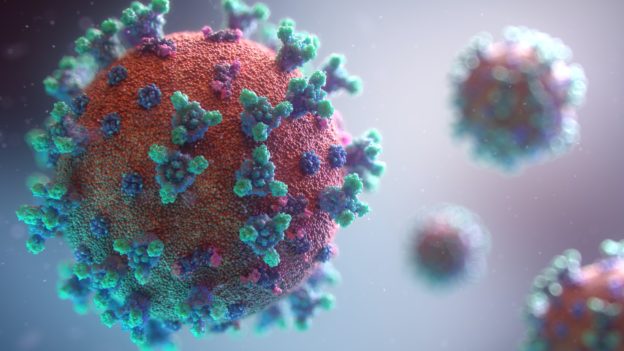The global health crisis related to COVID-19 is undoubtedly having a strong impact. To facilitate the import of pharmaceutical products, international regulations provide for the elimination or reduction of tariffs for some of them. The regulations refer to the “International Non-proprietary Names” (“INNs“) assigned by the World Health Organization (“WHO“), products that can benefit from this exemption under certain conditions.
The 1994 WTO’s Agreement on Trade in Pharmaceutical Products is a significant sectoral initiative in which certain Contracting States[1] to the General Agreement on Tariffs and Trade (GATT) agreed to eliminate customs duties on pharmaceutical products. Participants in this agreement committed to automatically eliminate tariffs and other duties on finished pharmaceutical products as well as on pharmaceutical active ingredients and chemical compounds used by the pharmaceutical industry.
As part of this agreement, the European Union has included in Council Regulation (ECC) No. 2658/87 on the tariff and statistical nomenclature and on the Common Customs Tariff, the categories of pharmaceutical products that can benefit from such an exemption.
Specifically, it is Annex I of Regulation (ECC) No. 2658/87 on the Combined Nomenclature that determines the import duties into the European Union. Each year, Annex I is updated with, most recently, Regulation (EU) No. 2020/1577 (hereafter “the Regulation“).[2]
The Regulation expressly incorporates harmonized designations from Health Law, with reference to pharmaceutical substances or products covered by the Chemical Abstracts Service Registry Number (“CAS RN“) used for the identification of chemical substances.
Thus, the categories qualifying for duty-free treatment are as follows:
- Pharmaceutical products covered by the CAS RN and the INNs, listed in Annex 3 of the Regulation;
- Salts, esters and hydrates of INNs listed in Annexes 4 and 5; and
- Pharmaceutical intermediates covered by the CAS RN and the INNs listed in Annex 6 of the Regulation.
In case of import operations of certain pharmaceutical products or substances, it is therefore necessary to verify whether they are mentioned in Annexes 3, 4, 5 and 6 of the Regulation and meet the requirements provided for by the Regulation in order to benefit from the relief from customs duties (0% rate).
In practice, if the imported products are eligible for this exemption, certain elements must be communicated in the French customs declaration:
- In item 33 of the customs declaration, enter the additional code CACO “2500”;
- In item 36 of the customs declaration, enter the 3 digit code “150”, representing the exemption tariff regime requested.
Customs authorities remain competent to require importers of pharmaceutical products to provide one or more information concerning the imported products. This may include the HS 6 digit classification, chemical name, INN, CAS registry number or the prefix or suffix of the salt/ester/hydrate.
***
The Customs and International Trade, and Health Law teams of DS Avocats are at your disposal to provide you with any additional information.
[1] The Agreement was signed by and applies to only a group of participants (Canada, the United States, Japan, Macao (China), Norway, Switzerland, the United Kingdom and the EU), who also committed to implement the outcomes on a most-favoured nation basis.
[2] Commission Regulation (EU) 2020/1577 of 21 September 2020 amending Annex I to Council Regulation (EEC) No 2658/87 on the tariff and statistical nomenclature and on the Common Customs Tariff.

